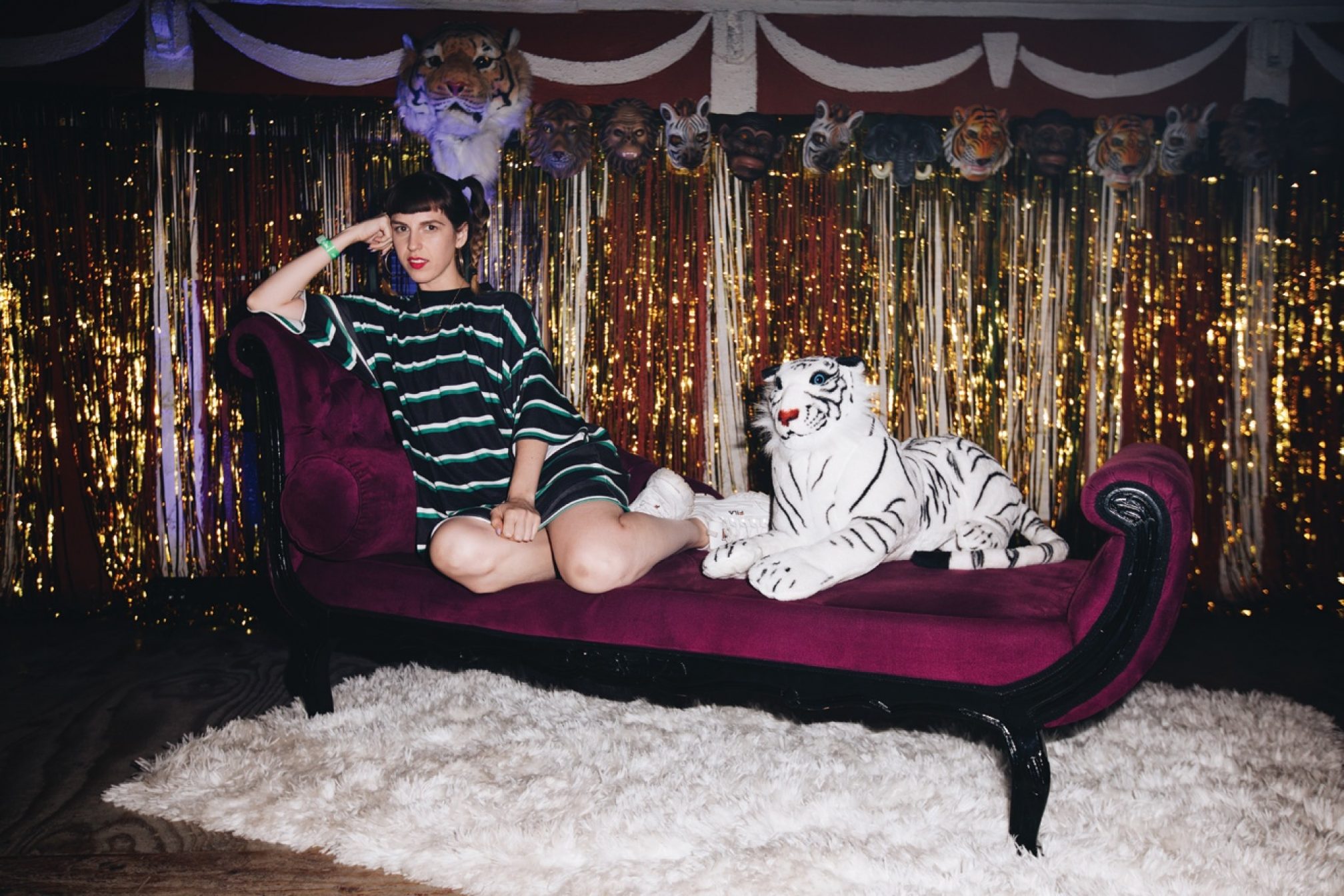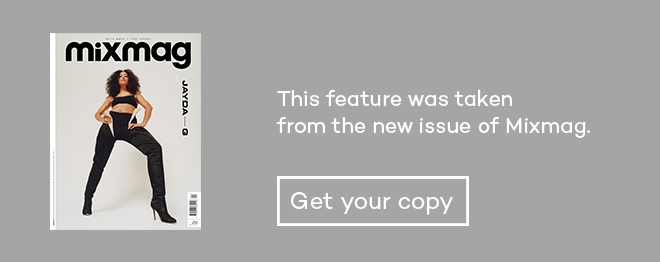 Features
Features
Get to know Riobamba, the DJ championing marginalised Latinx sounds
Ecuadorian-Lithuanian Riobamba is on a mission
As the child of immigrants growing up in Massachusetts, Sara Skolnick saw how Ecuadorian music strengthened her relatives’ bonds as they took root in unfamiliar new surrounds. “It was a mostly white suburb,” she tells us, “so family parties felt like moments of resistance and pride.” At 10 she was dropping Elvis Crespo merengue jams at house parties for her extended family, the start of an ongoing mission to champion marginalised Latinx sounds.
Reggaeton has been gentrified for mainstream audiences since Diplo & Major Lazer’s moombahton-inspired ‘Lean On’ hammered the dembow beat into an inescapable tropical template. It’s helped put Riobamba on the radar, and now it’s no longer a battle to win over promoters – but it’s skewed the narrative about the sound: “Currently the people widely associated with it are mediators like Diplo and DJ Snake, who tend to be white men,” she tells us. “This creates a divide between the music and the communities it comes from. I’m interested in building the infrastructure to have stakeholders with that level of visibility from the communities the music comes from.”
Her DJ career began in Boston before a connection with Brooklyn crew Que Bajo?! took her to NYC. She got a job as music editor on Latin-aimed magazine Remezcla where her rep as a crate-digger led to her co-curating Boiler Room’s first reggaeton sessions.
Her smash-and-grab rampage of a set allowed her to bust open the doors to a wider audience, and gave her the chance to give a platform to trailblazers like DJ Playero, whose series of 90s mixtapes formalised the sound. “I think of DJing as storytelling,” she says. “I tend to mix genres together and look for the threads that connect them. It’s important to honour the elders, like DJ Playero – especially knowing that this music has been so transformative.”
The real fight, though, is giving oxygen to those with a lower profile – hence her launch of Apocalipsis, a label and agency championing artists who reflect the diversity and richness of the Latinx experience. “The label allows me to amplify voices that don’t get a platform to speak their truths,” she says. Acts like LA-based Dominican Kelman Duran and Atlanta-based Panamanian Nino Augustine have benefited, and the plan is for Riobamba to unleash her own joints, which early signs suggest will swap traditional masculinity and time-worn production tropes for cleaner, more progressive Latin soundscapes. “My goal is to do a mixtape-style project, like Playero did back in the day, with different MCs,” she says. “I’m prioritising working with femmes so I can share my knowledge of production with them, because that’s often something they’re looking for support with.”
It’s all about claiming a level playing field for her and her peers: “This music has been overlooked for a long time. It’s electronic, it’s made in the same production suite as everything else. It deserves the same respect as techno or house.”
Nino Augustine ‘Agua’ is out on Apocalipsis on March 15
Read this next!
Deep central: Panama and Costa Rica are undergoing a clubbing revolution
Bogota nights: Colombia's after-hours scene is an anarchic, cultural melting pot
Brega funk is the music of Recife that's taking over Brazil



